Hundreds of Oregonians are making their voices heard to the Oregon legislature this week in an urgent call to lawmakers to take swift action against the state’s addiction and housing crisis that has left so many people without options for care.
Today was the third hearing of the Joint Interim Committee on Addiction and Community Safety Response. A key element of the expert and public testimony focused on the need for rapidly expanded treatment, and pointed to lack of a full continuum of care as well as a root cause for the problem in our state.
Julia Pinsky, whose son died of an opioid overdose long before Measure 110 was passed to start bringing a public health approach to the drug crisis, drove from Medford to Salem and delivered a call to action to the legislature in person: Do more – and quickly – to make sure that more treatment services are available to everyone who needs them.
“Treating addiction as a crime did not save my son and too many sons and daughters of Oregon continue to die too soon because our state has failed to ensure that everyone trying to receive treatment services gets them,” she said. “We need to treat people struggling with addiction as patients deserving care, not criminals needing punishment.”
Service providers representing the Oregon Black Brown & Indigenous Advocacy Coalition (OBBIAC) also spoke about effective solutions that can be done now to bring healing, not harm, to the people they serve.
“We need to dramatically increase our street services and outreach and make sure there’s adequate care available. Slapping handcuffs on people already in trauma and hauling them away – as some people are proposing – would be cruel and we shouldn’t force our police into that role,” said Shannon Jones, CEO and founder of Oregon Change Clinic, the only culturally specific Substance Use Disorder and Mental Health treatment center specializing in working with African American/Black populations and Veterans in Portland.
One clear takeaway from the committee is the extent to which Oregon’s housing crisis is driving the crisis on our streets. Oregon’s homeless rate increased 23% from 2020 to 2022, far exceeding other western states.
In her expert testimony to the committee, “The Realities of Drugs and Addiction: Cutting Through the Polarization,” Morgan Godvin, a Harm Reduction and Drug Policy Researcher and member of Gov. Kotek’s Central City Task Force Behavioral Health Subcommittee, urged the legislature to be clear-eyed and solutions oriented in connecting the dots between high public drug use and lack of affordable, recovery or transitional housing. She also pointed out that in a system with so little treatment available, it is a false promise to say coerced treatment or arrests will help.
“We’re squabbling over whether we should coerce people into treatment when there aren’t anywhere near the amount of beds available right now for the people that are asking for them, begging for them,” Godvin said. “And we are talking about putting people who don’t want to be there in direct competition for those beds with people who are seeking them. Do we not have a moral and ethical duty to supply treatment for all those who desire it?”
The Health Justice Recovery Alliance last week released a Policy Roadmap that calls for state lawmakers to:
-
Unequivocally reject controversial recriminalization policies
-
Address the addiction and overdose crisis and the cycle of despair in Oregon by funding the full continuum of care
-
Increase partnerships between peers, law enforcement, and other first responders
-
Increase livability and address public use
Expert testimony pointed to examples of this approach in presentations from programs in Seattle and Arizona that intervene when someone is in crisis and quickly connect them to services without arrest.
“When I saw with my own eyes its [the LEAD model’s] ability to build consensus around a less harmful and more effective response for people experiencing behavioral health issues and the issues relating to drug use under our current prohibition based system, they were much more effective than anything that had ever occurred during the war on drugs,” Malika Lamont, Program Director, LEAD Support Bureau Washington State testified. “The criminal legal system has never been an effective response to behavioral health and poverty. It often exacerbates underlying issues. It is expensive. Punishment and coercion are not an appropriate response to behavioral health issues and poverty. People need support, not punishment.”
The next meeting of the Committee will be in January. You can read HJRA’s 2023 Policy Roadmap here.
###
